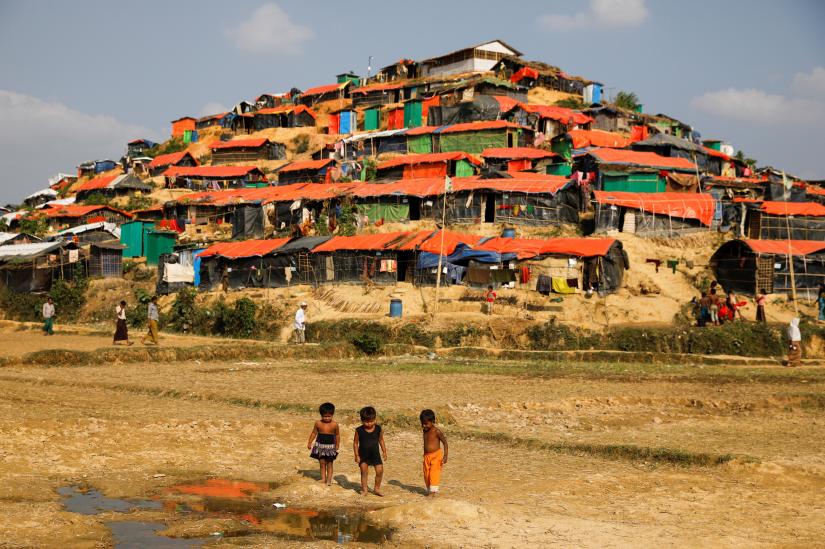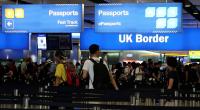 The United States has called the Myanmar government to take concrete actions to respect the dignity and the rights of all Rohingyas to return voluntarily, safely, and in a dignified manner.
The United States has called the Myanmar government to take concrete actions to respect the dignity and the rights of all Rohingyas to return voluntarily, safely, and in a dignified manner.
At a Congressional hearing on oversight of USAID programs and policies, its administrator Mark Green called the Rohingya tragedy similar to the crisis in Venezuela.
“We're experiencing humanitarian crises in nearly every corner of the world, and what makes the tragedy of the Rohingya even more painful is that, similar to Venezuela, it's entirely manmade,” he said.
Recalling his meeting with government representatives in Dhaka last year, Green said he conveyed America’s gratitude to Bangladesh for hosting the refugees.
“I also encouraged them to allow humanitarian organisations to provide refugees with the full range of support necessary for their well-being, not just food assistance and healthcare, but access to education, weather-resistant shelter, and livelihood opportunities,” Green told the Congress Oversight Committee, a significant body that writes the laws that fund the federal government's important responsibilites.
He reminded the Congress that Bangladesh now hosts more than 1 million Rohingyas from Myanmar, as well as the world's largest refugee camp.
He said USAID, in close coordination with State, continues to provide emergency food nutrition assistance to refugees in Bangladesh.
“We're also working to ensure that host communities are not overly burdened by the significant population influx,” said Green.
As per the latest figures from the UN, there are more than 70 million displaced people in the world and the single most challenge facing aid agencies is to provide services in conflict, post-conflict and crisis settings.
“We have children born in camps, raised in camps but we are not adequately tending to their needs to keep their connectivity to the outside world so that if someday the fence comes down and the gates open up, they are able to be productive members of the society they are in,” he said.
He said the Congress has allocated generous funding for education in these camps but that’s just scratching the surface.
“We have a long way to go,” he said.
Earlier this month, the US announced a humanitarian assistance of $60 million to Bangladesh to help Rohingyas and it remains the leading contributor to the humanitarian response to this crisis in Myanmar and Bangladesh.
It has provided nearly $449 million since the outbreak of violence in August 2017, of which nearly $406 million is for programs inside Bangladesh.


